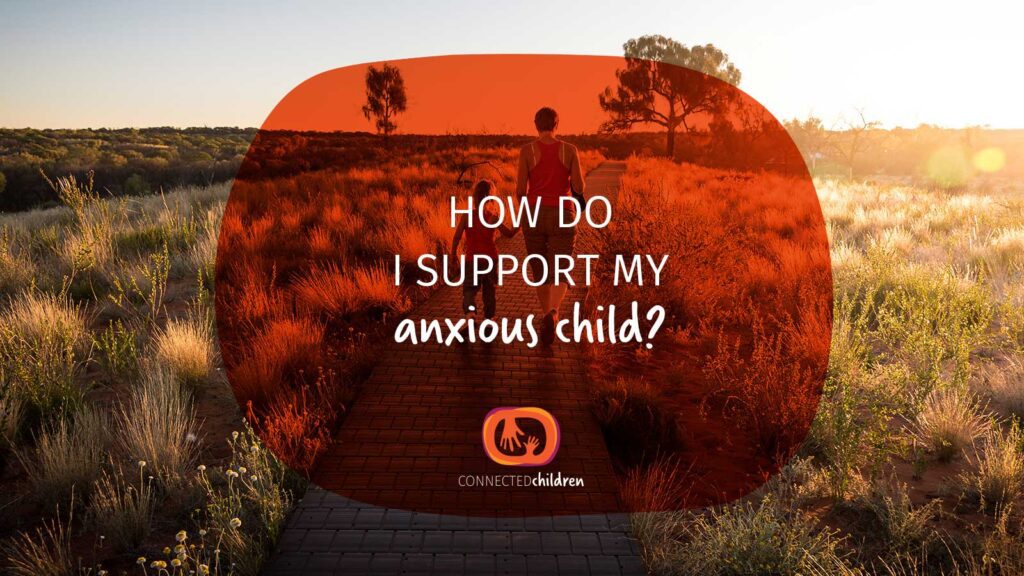
How Do I Support My Anxious Child?
Many parents report struggling to support their anxious child. The following approaches may be useful in supporting your child.
Manage your own anxiety
It is important to have regulation for yourself, being able to sit with anxiety and know that it’s not always a bad thing. You may get into a cycle around concerns or worries you have in your life, hence regulating yourself with breathing, meditation or a range of other approaches.
Consider adapting your routine
Children experiencing anxiety benefit from increased predictability in their lives to help them to feel safe. However, once you have provided some predictability and they are feeling more settled, then start sliding in some surprises to help them to learn to adapt. This can be really helpful when graded appropriately.
Put in time when you can.
Look at opportunities to increase you and your child time. The optimal way to approach this in this situation is to engage them in an activity where you are both looking down at the activity. This creates a space to talk to you without you asking lots of questions as the focus is on something else. You may find that on some occasions, your child may start spontaneously sharing their inner world.
Validate their feelings
When sharing their inner world, parents may feel they need to fix the situation, however it can be containing for them to hear you reflect your observations. ‘I know this has been hard for you’. This shows them you ‘get them’. They feel heard and validated. This process alone can be very powerful.
Show them their big feelings don’t scare you
It is important to help your child feel that their big feelings don’t scare or upset you. By showing them that you can sit in the swirling emotions with their child it demonstrates that you can tolerate it and can manage this challenge. Remember my first point about managing your own anxiety also.
Consider their environment
A sensory sensitive child may benefit from using a pop up tent. You may include ‘chill out time’ in the routine at home and this could be a part of it. How will you use this ‘chill out’ time to regulate yourself?
Self reflection
Consider what are you teaching them about managing challenges? This is an opportunity to show them what you do when things are difficult? You may engage trusted family members by spending leisure time with the family. By deepening connections with others in the extended family, research shows this can increase a child’s resilience. You may share with them times in your own childhood when you were worried about something and then things worked out well.
Anxiety serves a purpose
Remember that sometimes anxiety serves a purpose, it is an internal alarm system to alert your child to danger. Think about climbing a tree, learning to take appropriate risks. What stops them from going further than is safe for your child? What about anxiety around a test? Without that ‘call to action’ your child may lack that internal drive. Of course, it is only common sense that this be moderated.
Heavy work
If your child is quite sensory sensitive, you may find heavy work can help. Kneading pastry can be really regulating, climbing a tree or riding a bike. For further techniques for regulating your child’s emotions incorporating sensory approaches, see Connected Children’s Workshops.
